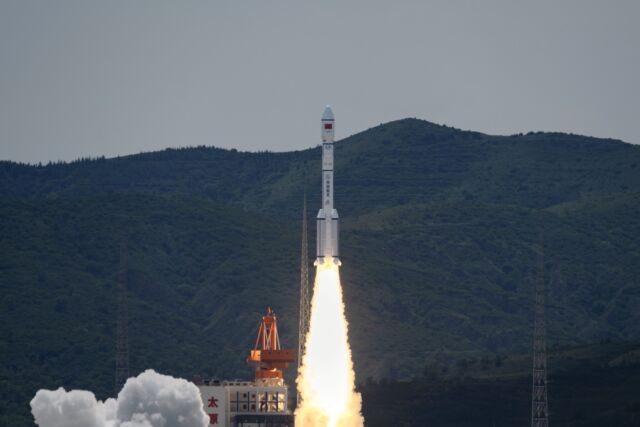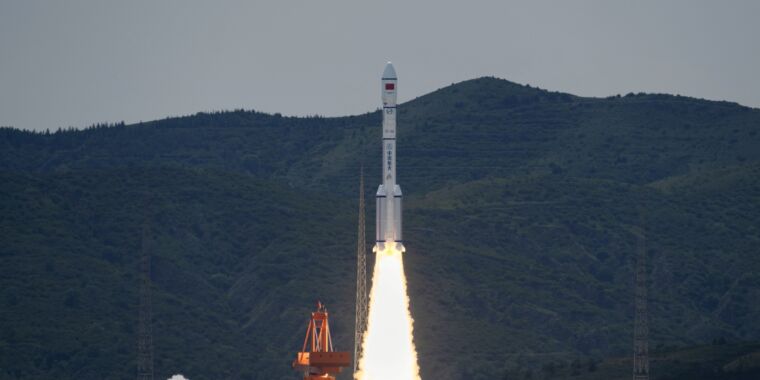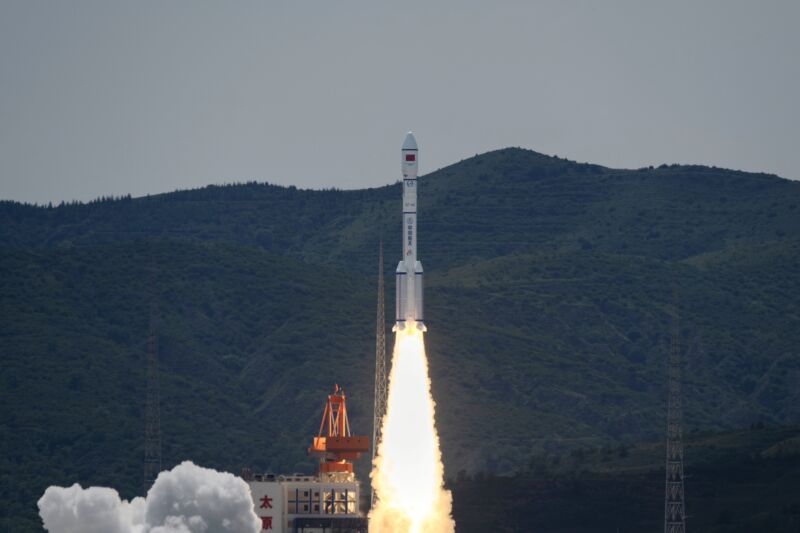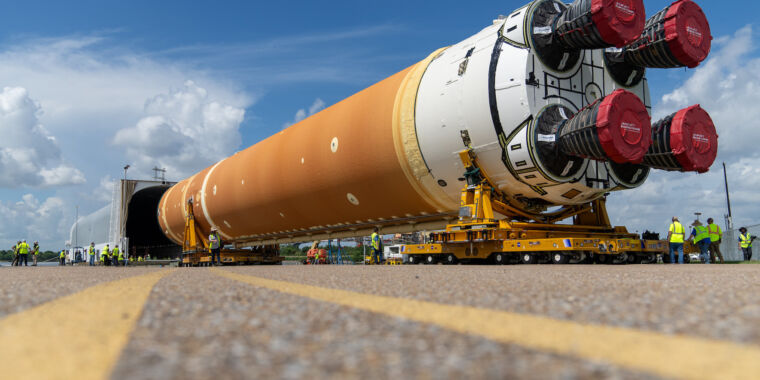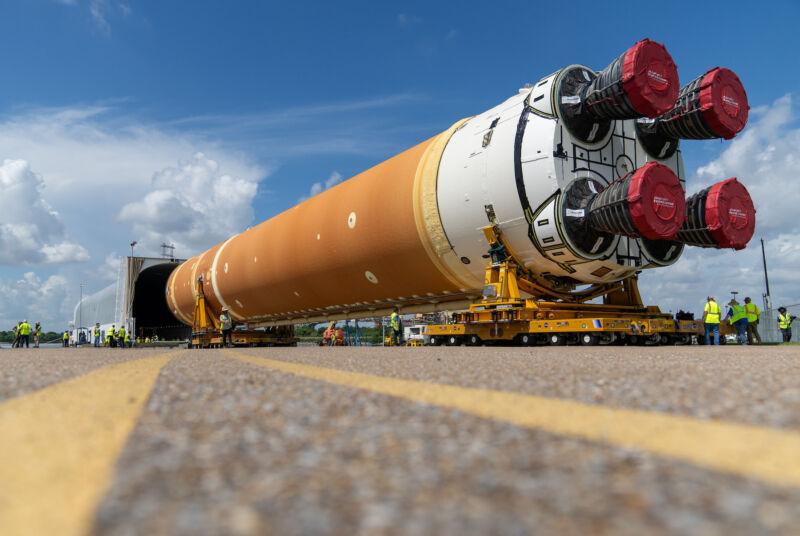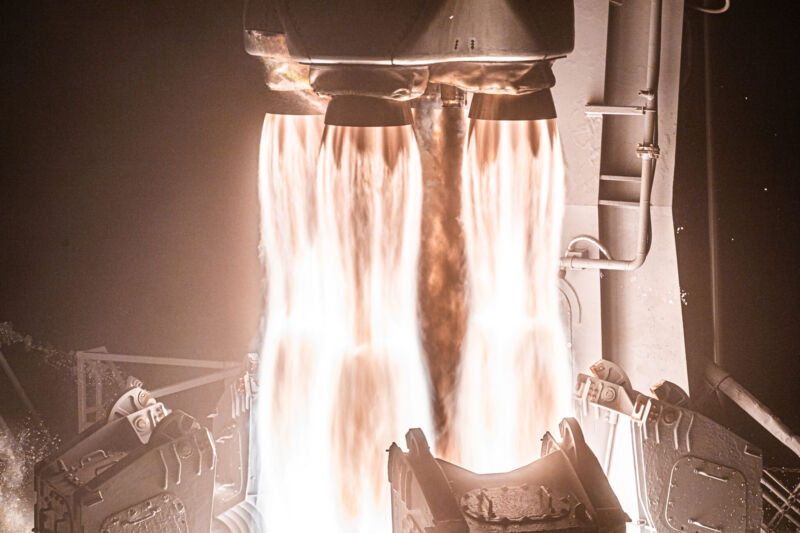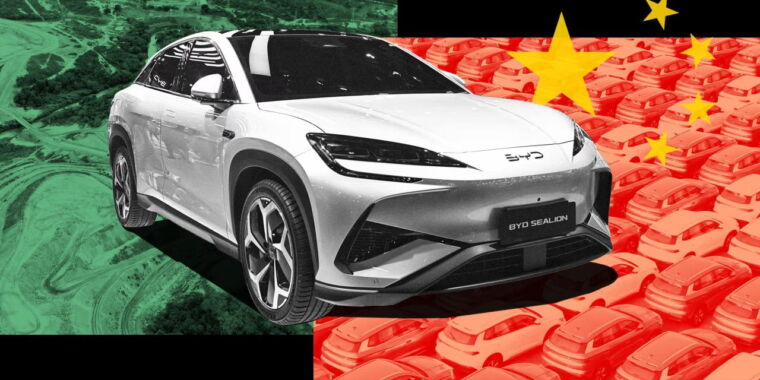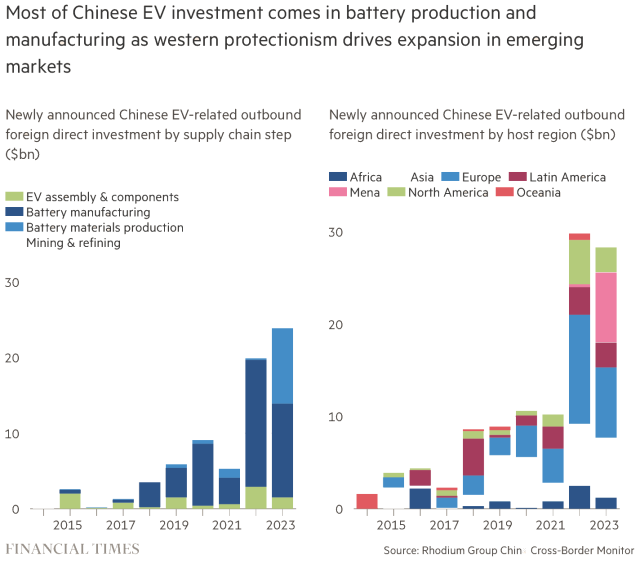US sting of online gun part sales started with a shipment marked “fidget spinner”
Hidden cargo —
US seizes 350 sites that masked gun part imports from China as toys, jewelry.

Federal authorities have seized more than 350 websites after an undercover investigation revealed that the sites were used to illegally import gun parts into the US from China. To get the illegal items through customs, the sites described the items as toys, necklaces, car parts, tools, and even a fidget spinner.
The sites violated import bans and the National Firearms Act by selling switches—which are “parts designed to convert semiautomatic pistols into fully automatic machineguns”—and silencers—which “suppress the sound of a firearm when discharged,” a Department of Justice press release said.
Some sites also marketed counterfeit Glock parts, infringing trademark laws, including a phony Glock switch that Glock confirmed to investigators was “never manufactured.”
To mask the illegal sales, some sites used domain names referencing “auto parts,” “fuel filters,” or “solvent traps,” a special agent with Homeland Security Investigations (HSI) assigned to the Boston Field Office, Adam Rayho, wrote in an affidavit supporting the domain seizures. Further, some sites actually sold legitimate merchandise, including car products and home supplies, seemingly to obscure the illegal sales.
Others further infringed on Glock trademarks by including Glock or Glock products in the domain names, Rayho wrote.
“The seizure of these domains is a critical step in disrupting the flow of dangerous contraband that threatens public safety,” Acting US Attorney Joshua S. Levy said in the DOJ’s press release. “Those who attempt to exploit online platforms to traffic in highly lethal firearm parts will be held accountable. We will continue to pursue and dismantle these illicit networks wherever they operate to uphold the integrity of our laws and safeguard our communities.”
Feds increasingly seize sites to stop gun part sales
Rayho’s focus is on investigating “crimes that have a nexus to the clearnet or dark web” as part of HSI’s cybercrimes group. His team’s investigation began in August 2023, when the DOJ said that “federal authorities began targeting multiple websites, businesses, and individuals selling, offering for sale, importing, and exporting machinegun conversion devices in violation of federal law.”
This followed through on a HSI promise in 2020 to continue seizing websites to “suppress illicit commerce.” That’s when HSI first used the “novel approach” to shut down a website “wholly dedicated to illegal arms components.” Like many uncovered by Rayho’s team’s sting, that first site seized was disguised as an auto parts site. Previously, HSI had only been “aggressive in the seizure of Internet sites used to facilitate the sale of counterfeit goods.”
To shut down more sites masking illegal gun part sales, Rayho alleged that “an HSI agent acting in an undercover capacity” began visiting the targeted sites in August 2023. The agent found that some sites clearly marketed illegal gun parts while others used false descriptions with pictures and videos of the illegal merchandise. Many sites prompted users to inquire about illegal items on Telegram or WhatsApp and enabled payments by credit card, Apple Pay, or Google Pay. Some sites asked for payment in bitcoins.
Soon after learning how the websites worked, the agent began ordering gun parts, paying between $30 and $200 for shipments. By September 11, 2023, the agent received the first shipment, which contained a phony Glock switch and a silencer. US Customs and Border Protection confirmed that the cargo description for the package claimed that it contained a fidget spinner. Some sites promoted even faster delivery, promising to ship within 24 hours. Every package used a false description to fool customs, successfully pushing gun parts into the US by simply labeling them as objects unlikely to arouse suspicions, such as a tool, a motor, or a necklace. The most common false label was seemingly “toy.”
Also by September, Rayho wrote that HSI had confirmed that several of the seized domains that had been registered on GoDaddy.com appeared to be linked together, “as they had all been purchased by the same Shopper ID.” The agents “also identified additional domains purchased by the Shopper ID.” Rayho suspected that these additional domains were registered to quickly move sites to prevent forfeitures if the original domains were “seized by law enforcement or otherwise shut down.”
“Neither a restraining order nor an injunction is sufficient to guarantee” that sites would be available for forfeiture, Rayho wrote. The site owners “have the ability to move them to another computer/server or a third-party hosting service outside of the United States beyond this Court’s jurisdiction to anywhere in the world,” Rayho wrote, supporting HSI’s bid to seize the websites to prevent illegal gun part sales.
Federal authorities are unlikely to stop seizing domains, as the tactic has proven successful in improving gun safety in the US. Levy confirmed Wednesday that his office “remains committed to protecting our communities from the dangers posed by illegal firearms and firearm accessories, wherever the evidence takes us.”
Ketty Larco-Ward, the inspector in charge of the Boston division of the US Postal Inspection Service (PIS), promised that the PIS is also “committed” to helping federal authorities to “identify those who use the Postal Service to traffic these weapons, remove these illicit items from the mail, and increase the safety of our communities and the Postal Service employees who serve them.”
US sting of online gun part sales started with a shipment marked “fidget spinner” Read More »














